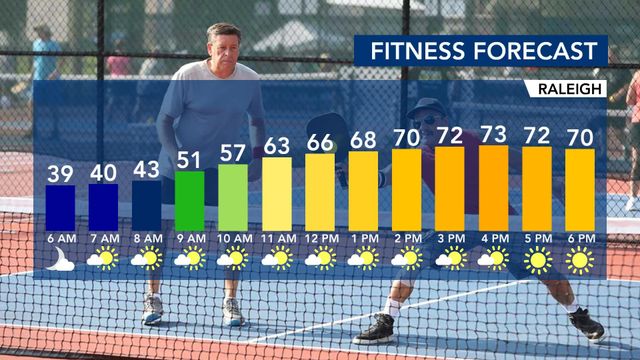No third murder trial for Jason Young

A state Court of Appeals panel denied convicted murderer Jason Young a third trial this week, saying his complaints about what the jury was told about his long-running legal saga weren't serious enough to merit a re-trial.
Young has been tried twice for the 2006 beating death of his wife Michelle Young. The first ended in a mistrial. The second found him guilty in 2012. In between ,Young was found responsible for her death as part of a civil suit brought by Michelle Young's family.
Superior Court Judge Donald Stephens presided over that civil suit and the second criminal trial. At one point during the criminal trial, a prosecutor noted that Stephens signed the civil court judgment finding Young liable for his wife's death.
This, Young's attorneys argued, poisoned the jury against him. A three-judge panel from the Court of Appeals ruled Tuesday that the issue wasn't serious enough to merit a redo.
"Even if the jury knew Judge Stephens wrote the default judgment and made the findings, we doubt our Supreme Court would have altered its decision in this case, given the weight of the evidence against defendant," Judge Robert N. Hunter wrote for the unanimous panel.
Latest stories in the Jason Young murder trial
The prospect of a third trial has been up and down the rungs of North Carolina's courts system over the last few years. The Court of Appeals awarded him a new trial in 2014, but prosecutors appealed that ruling to the state Supreme Court, which said the Court of Appeals erred in ordering a new trial but said other issues from the trial needed further review.
The appeals court then kicked the case back to Wake County Superior Court for another hearing, and the new trial was denied. The Court of Appeals affirmed that decision this week, setting aside the argument about the civil case as well as complaints of insufficient evidence and ineffective counsel.
Among other things, the panel noted that the reference to Stephens' role in the civil trial was a brief one, and that neither side made much of it at the time or introduced Stephens' judgment into evidence.
"Because the explicit information linking Judge Stephens to the default judgment was made only twice in unintelligible questions asked by a prosecutor, we conclude any prejudice Defendant suffered to be unlikely to have persuaded a juror to vote otherwise," Hunter wrote. "In support of this conclusion, we note there was no emphasis on this point at the closing arguments."











